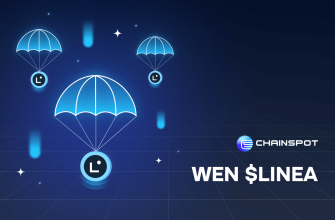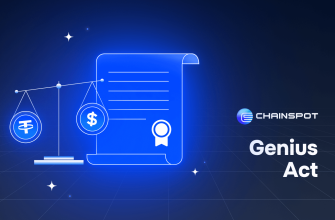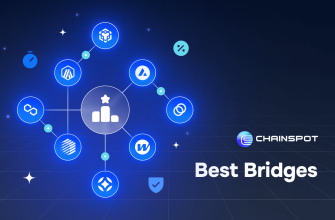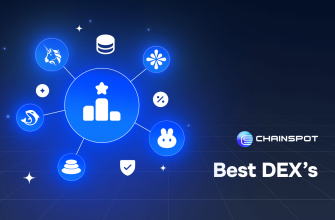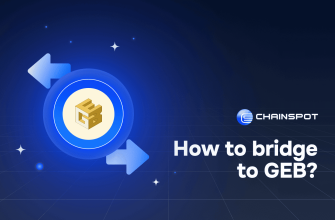Decentralized Finance (DeFi) represents a paradigm shift in the financial industry by leveraging blockchain technology to eliminate intermediaries and provide open, permissionless financial services. As DeFi continues to evolve, artificial intelligence (AI) is playing an increasingly critical role in enhancing its capabilities.
This article explores how AI is interacting with DeFi, the benefits it brings, and the potential future developments at this intersection.
The Role of AI in DeFi
AI’s integration into DeFi can be seen in various facets, from risk management to user experience. The decentralized nature of DeFi poses unique challenges that AI is well-equipped to address.
1. Risk Management and Fraud Detection
One of the primary applications of AI in DeFi is in the area of risk management. DeFi platforms are vulnerable to various forms of financial risks, including market volatility, smart contract bugs, and hacking attempts. AI algorithms can analyze vast amounts of data to predict and mitigate these risks.
For instance, machine learning models can monitor blockchain transactions in real-time to detect suspicious activities that may indicate fraud or hacking. By identifying anomalies in transaction patterns, AI can flag potential security breaches before they escalate, thereby enhancing the overall security of DeFi platforms.
2. Smart Contract Audits
Smart contracts, the backbone of DeFi, are self-executing contracts with the terms of the agreement directly written into code. However, these contracts can have vulnerabilities that are exploited by malicious actors. AI-powered tools can automatically audit smart contracts, identifying and rectifying potential vulnerabilities before deployment. These tools use natural language processing (NLP) and machine learning to understand and analyze the code, ensuring it functions as intended without security loopholes.
3. Market Predictions and Automated Trading
AI’s ability to analyze and interpret large datasets makes it invaluable for market predictions and automated trading in DeFi. Machine learning algorithms can predict market trends by analyzing historical data, social media sentiment, and other relevant factors. These predictions can inform trading strategies, helping traders maximize their returns while minimizing risks.
Automated trading bots powered by AI can execute trades at optimal times based on pre-defined criteria. These bots can operate 24/7, taking advantage of market opportunities that human traders might miss. By using AI, DeFi traders can improve their trading efficiency and profitability.
Enhancing User Experience
AI is significantly transforming the user experience in DeFi, making it more accessible and user-friendly. By analyzing user behavior and preferences, AI algorithms can offer personalized financial services tailored to individual needs. This personalized approach can recommend suitable DeFi products, investment strategies, and financial planning advice, which is especially appealing to those who find traditional financial systems intimidating or inaccessible.
Additionally, natural language processing (NLP) enables DeFi platforms to offer more intuitive user interfaces. Chatbots and virtual assistants powered by NLP guide users through complex DeFi processes, answer queries, and provide real-time support, thereby reducing the learning curve for new users and enhancing their overall experience. This makes DeFi more approachable to a wider audience.
Moreover, AI plays a crucial role in improving accessibility for individuals with disabilities. Voice-activated assistants and AI-driven tools help users navigate DeFi platforms without relying on traditional interfaces, promoting inclusivity and democratizing access to financial services.
Optimizing Operational Efficiency
AI contributes significantly to the operational efficiency of DeFi platforms.
One of the primary benefits is the automation of compliance processes. Regulatory compliance is a significant challenge in the DeFi space due to its decentralized nature. AI continuously monitors transactions to ensure they adhere to regulatory standards, reducing manual effort and minimizing the risk of non-compliance. This automation not only enhances efficiency but also ensures that DeFi platforms remain secure and trustworthy.
Additionally, AI optimizes the management of computational resources in DeFi networks. By predicting network demand and adjusting resource allocation accordingly, AI ensures that DeFi platforms operate smoothly without unnecessary delays or bottlenecks. This is particularly important for maintaining the high transaction speeds and low fees that are critical for user satisfaction.
By streamlining these operational aspects, AI allows DeFi platforms to provide a more reliable and efficient service, thereby enhancing the overall user experience and driving the growth of the DeFi ecosystem.
The Future of AI in DeFi
The synergy between AI and DeFi holds immense potential for the future of finance. As both technologies continue to advance, their integration could lead to even more innovative solutions.
1. Autonomous Financial Systems
The ultimate goal of AI in DeFi could be the creation of fully autonomous financial systems. These systems would operate independently, making decisions and executing transactions without human intervention. By leveraging advanced AI models, these systems could continuously learn and adapt to changing market conditions, providing highly efficient and resilient financial services.
2. Cross-Platform Interoperability
AI could also facilitate greater interoperability between different DeFi platforms. By using AI to standardize and interpret data across various blockchains, users could seamlessly transfer assets and access services across multiple DeFi ecosystems. This would enhance liquidity and provide users with a more cohesive and integrated financial experience.
3. Enhanced Privacy and Security
Future developments in AI could further enhance privacy and security in DeFi. Advanced encryption techniques powered by AI could protect user data while still allowing for the transparent and verifiable nature of blockchain transactions. Additionally, AI-driven security protocols could provide even more robust protection against emerging threats.
Conclusion
The integration of AI into DeFi is revolutionizing the financial industry by addressing critical challenges and enhancing the overall functionality of decentralized platforms. From improving risk management and security to personalizing user experiences and optimizing operational efficiency, AI is proving to be an invaluable asset in the DeFi space.
As these technologies continue to evolve, their synergy will likely lead to even more groundbreaking innovations, paving the way for a truly decentralized and intelligent financial future.







